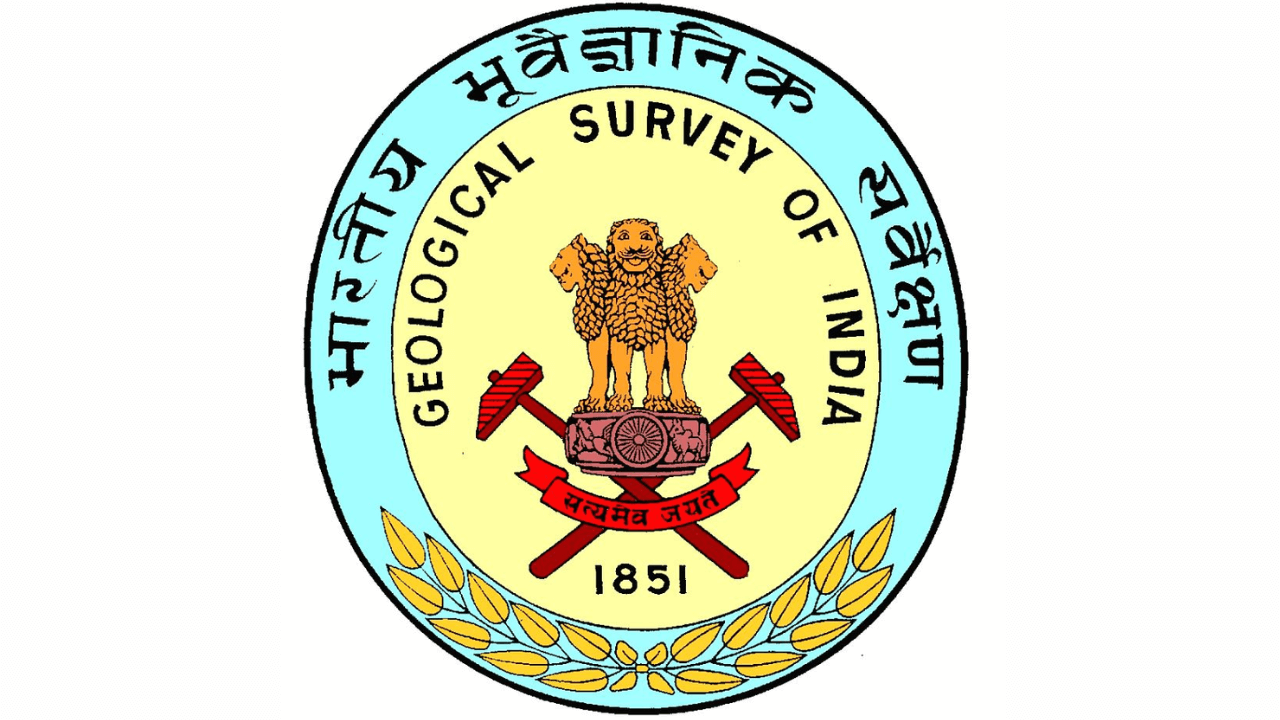Janardan Prasad GSI
Janardan Prasad has recently assumed the role of Director General of the Geological Survey of India (GSI). He officially took charge of the esteemed 174-year-old institution on Thursday. Prasad has succeeded Dr. S Raju, who served as the Director General since 2020.
About the Geological Survey of India (GSI)
The Geological Survey of India (GSI) is a scientific agency of India.
- It was founded in 1851, as a Government of India organization under the Ministry of Mines, one of the oldest of such organisations in the world and the second oldest survey in India after the Survey of India (founded in 1767), for conducting geological surveys and studies of India, and also as the prime provider of basic earth science information to government, industry and general public, as well as the official participant in steel, coal, metals, cement, power industries and international geoscientific forums.
- GSI is headquartered in Kolkata, West Bengal and is an attached office to the Ministry of Mines.
- It has regional offices in Lucknow, Jaipur, Nagpur, Hyderabad, Shillong and Kolkata and State Unit offices in almost all States of the country.
- Recently, large lithium reserves were discovered by the GSI in J&K’s Reasi and Rajasthan’s Degana.
GSI’s main functions
- To conduct geological surveys and studies of India
- To provide basic earth science information to government, industry and general public
- To participate in international geoscientific forums
About the New Director-General Janardan Prasad
Janardan Prasad, the new Director General of the Geological Survey of India (GSI), brings a wealth of experience to his role.
- He holds an MSc in Geology from Patna University and began his career as a geologist in GSI, Gandhinagar, in 1988.
- Throughout his career, Prasad has held various positions in different locations, including Shillong, Patna, Faridabad, Ranchi, and Hyderabad.
- Prior to his current appointment, Prasad served as the Additional Director General and Head of the Department (ADG & HoD) of the southern region since June 2020.
- He also held the position of chairman of the technical-cum-cost committee (TCC) at the National Mineral Exploration Trust in New Delhi.
- Prasad specializes in metallogeny and mineral exploration studies, with extensive experience in conducting exploration work in Saurashtra and other regions of Gujarat.
- His expertise spans a range of commodities, including limestone, gold, base metal, PGE (Platinum Group Elements), and bauxite.
- Notably, Prasad was involved in the Justice MB Shah Commission, which conducted an inquiry into illegal mining of iron and manganese in Andhra Pradesh, Goa, Jharkhand, Karnataka, Chhattisgarh, and Odisha. The commission aimed to address the significant revenue losses incurred by the central and state governments due to these illegal activities.
- 3 August Current Affairs 2023 in English
- MoU Between Subroto Mukerjee Sports and Education Society and All India Football Federation (AIFF) to Promote Football at Grassroot Level
- Dr. Mansukh Mandaviya Delivers Keynote Address at the 13th Indian Organ Donation Day ceremony
- Education Ministry Forms Expert Panel on Anti-Discrimination in Higher Education
- Concerns Arise Over Cheetah Deaths at Kuno National Park
GSI – FAQs
Who was the first Director-General of Geological Survey of India?
The first Director-General of Geological Survey of India (GSI) was Dr. Thomas Oldham. He was appointed on March 5, 1851, and served in that capacity until 1876.
Where is the headquarters of Geological Survey of India?
The Geological Survey of India is headquartered in Kolkata, West Bengal. The GSI is a premier scientific organization under the Ministry of Mines. It was established in 1851 by the British colonial government to conduct geological surveys of India. The GSI has played a pivotal role in the development of the Indian mining industry and has made significant contributions to the understanding of the geology of India.
